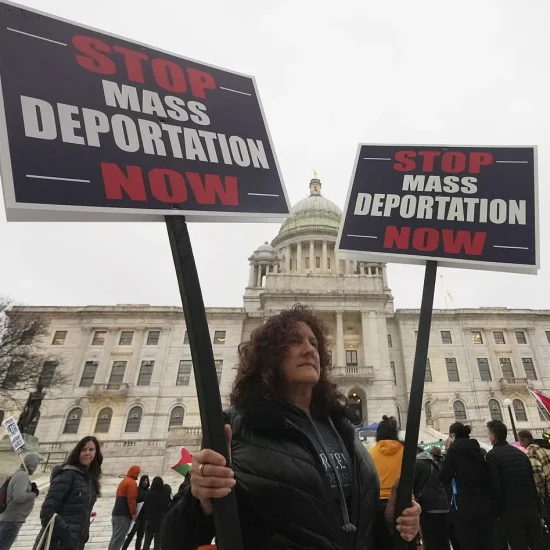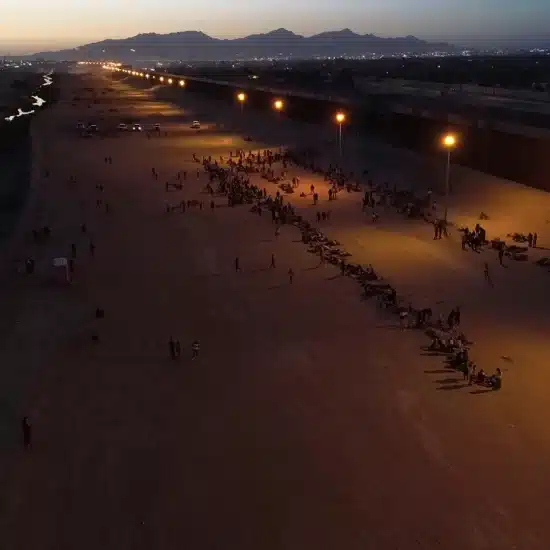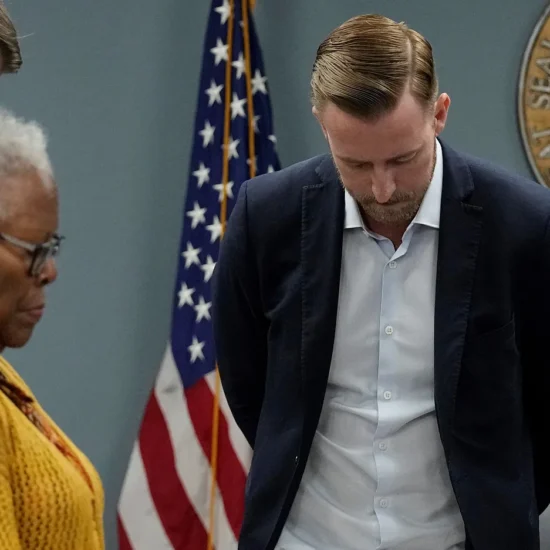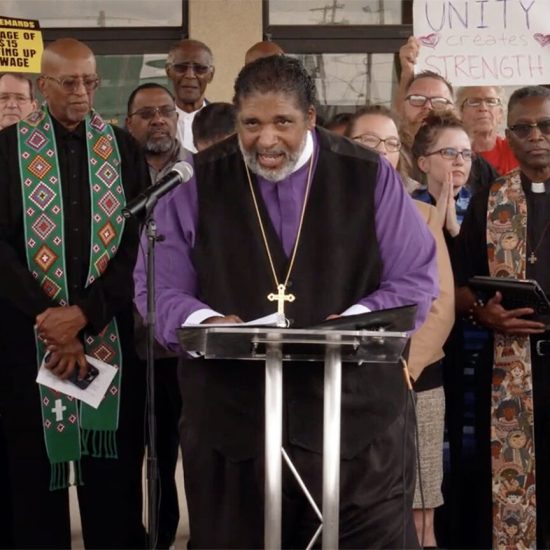The White House recently announced the end of protections for non-citizens from multiple countries, which could lead to one million immigrants either leaving the U.S. or facing deportation.
The Temporary Protected Status allows immigrants from countries impacted by violence or natural disasters to stay and work in the United States. In 2017, about 320,000 people from ten nations had TPS status. That number will drop dramatically as TPS ends for El Salvador, Haiti, Nicaragua and Sudan.
On Sept. 18, the administration announced TPS for Sudanese immigrants will end on Nov. 2, 2018, which means about 1,000 people will need to leave. On Nov. 6, the administration announced TPS for Nicaraguan immigrants will end on Jan. 5, 2019, which means about 2,500 people will need to leave. On Nov. 20, the administration announced TPS for Haitian immigrants will end on July 22, 2019, which means about 46,000 people will need to leave. On Jan. 8, the administration announced TPS for Salvadoran immigrants will end on Sept. 9, 2019, which means about 195,000 people will need to leave.
The six other countries with TPS and the date when the administration must either renew or announce an end for are: Syria (March 31), Nepal (June 24), Honduras (July 5), Somalia (Sept. 17), Yemen (Sept. 3) and South Sudan (May 2, 2019).
On Sept. 5, the White House also announced it would end the Deferred Action for Childhood Arrivals program, which protects nearly 800,000 undocumented immigrants mostly from Mexico and Central America who were brought to the U.S. as children. Unless Congress acts before March 5, 2018, deportations of the “Dreamers” could begin.






